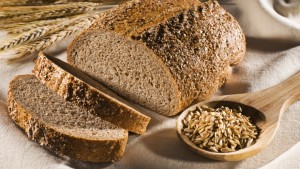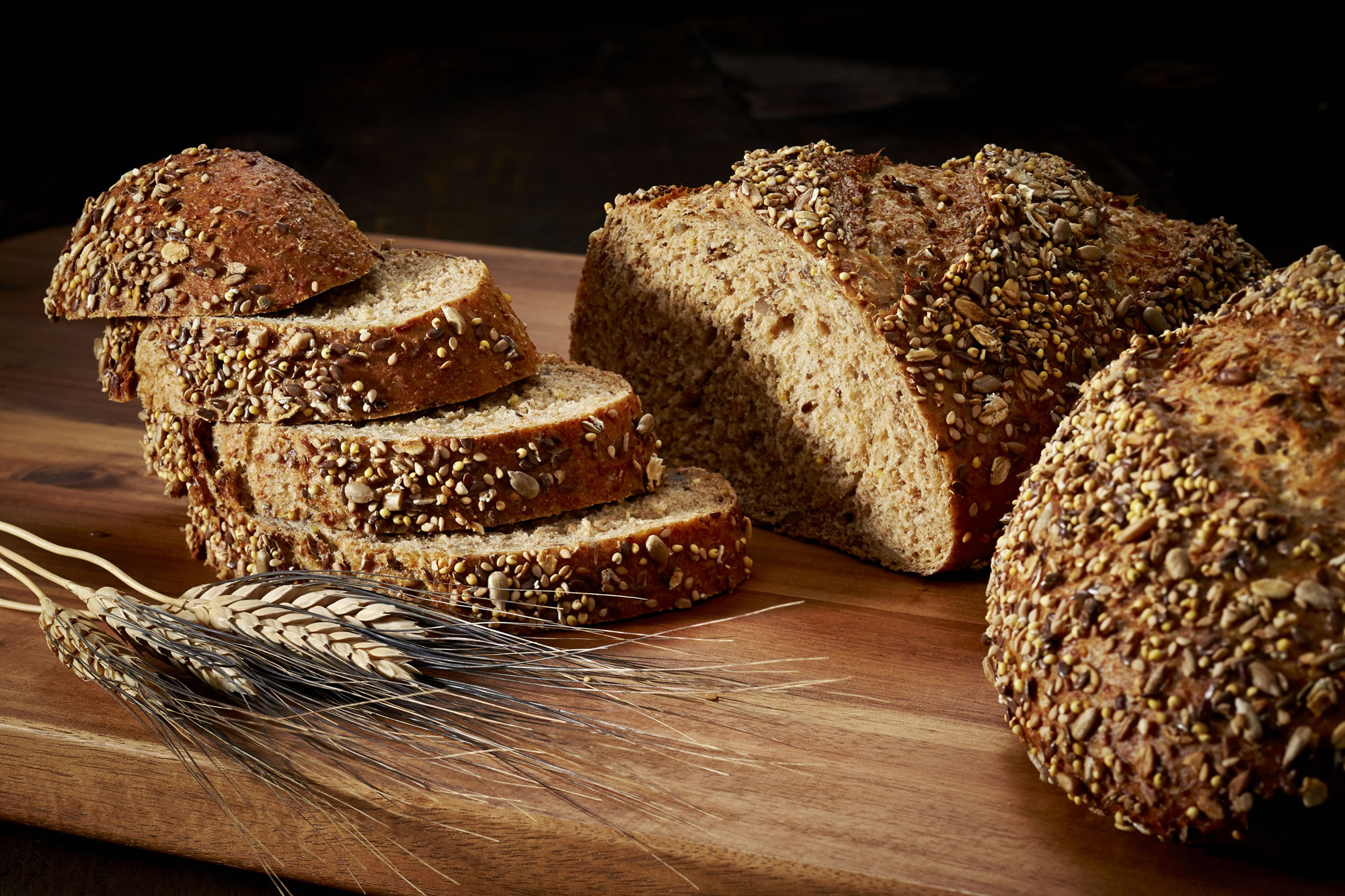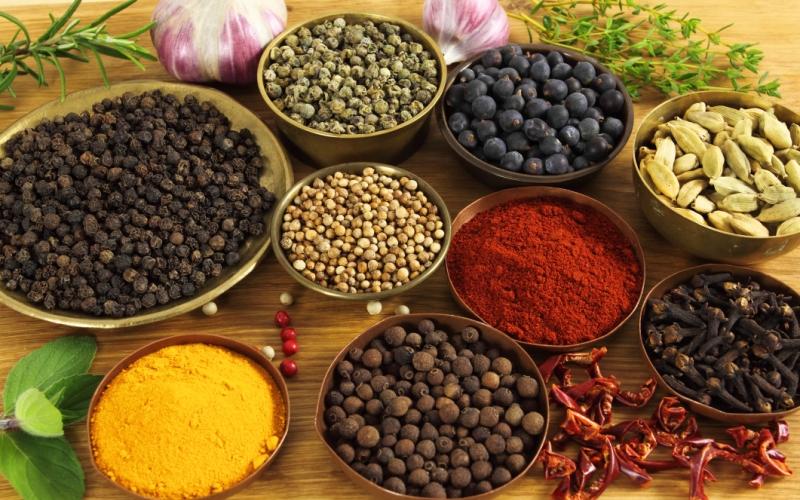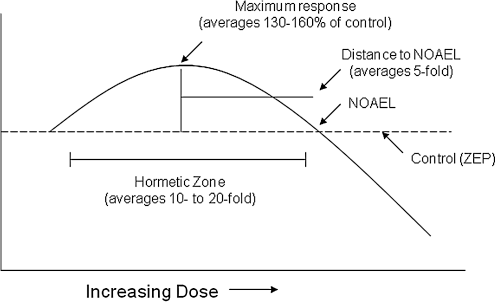The Greek lyrical poet Archilochus said, “We don’t rise to the level of our expectations, we fall to the level of our training.” This quote suggests that the ability to succeed is not based on chance, nor can someone expect to succeed based solely on his or her innate abilities. Success instead is the result of training in a focused manner, so that when faced with a critical situation, a reaction occurs without conscious thought—essentially, it has become an instinctual response born of dedicated practice.
The saying can also be interpreted in a broader fashion, reflecting one’s ability to change and to “push the envelope,” as great jazz musicians do. Basketball, my favorite sport, shares some similarities in approach. The combination of talent and training, with some scripted aspects of play and the freedom for spontaneous improvisation is the ultimate in team synergy. When played in this way, basketball is beautiful. The unscripted nature of the game is similar to the improvisational nature of jazz, in which the notes are often unknown in advance, and rely on the combination of thought (intelligence) and feeling response (heart). Continue reading “Thoughts on Jazz and Healing”











